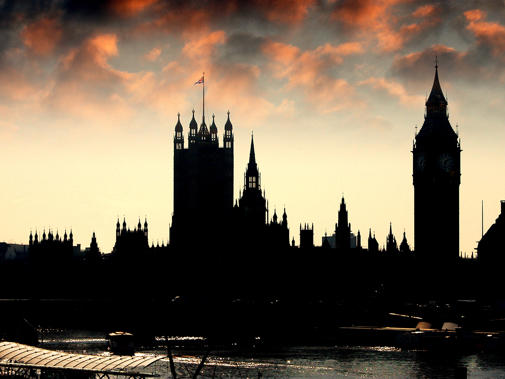Laws aimed at restricting strike action fail to meet human rights obligations, MPs and peers have concluded, following concerns raised by the BMA and other trade unions.
Members of the JCHR (Joint Committee on Human Rights) have stated that the Government’s proposed Strikes (Minimum Service Levels) Bill may be incompatible with existing human rights law, in a report published on 6 March.
The bill, which was put forward by Rishi Sunak’s government, seeks to grant powers that would allow employers to issue ‘work notices’ imposing minimum staffing requirements to unions considering industrial action.
Along with other trade unions, the BMA has expressed opposition to the proposed law, warning that the bill would give wide-ranging and undefined powers to the secretary of state for business, energy and industrial strategy and strip unions taking strike action of their legal protections.
The JCHR’s report comes as junior doctors across England prepare to stage a 72-hour walk-out over full pay restoration from 13 March, and as the results of a consultative ballot of consultants revealed that 86 per cent were in favour of potentially taking strike action in future.
Commitment slip
In its report the committee states: ‘In our view, the Government has not adequately made the case that this Bill meets the UK’s human rights obligations.
‘The Government has stated that the Bill brings us in line with other European countries. This is contested. Other countries have different legal arrangements with many providing a constitutional right to strike. Some have introduced minimum service levels, but in some cases these have been found in contravention with international legal obligations.
‘Our interest is not in whether the UK is doing something which is done elsewhere, but in whether the UK is meeting the human rights requirements placed on it. In our view, this Bill is likely to fall short.’
The JCHR notes that the taking of strike action is included under Article 11, the right to assembly and association, of the European Convention on Human Rights.
The committee further adds that the Government has failed to provide ‘clear and compelling reasons’ why existing laws around industrial action and voluntary minimum service levels are no longer adequate.
Low morale
Potential amendments to the Strikes bill were considered during a committee stage debate in the House of Lords yesterday.
One amendment proposed by crossbench peer Lord Patel and based upon guidance provided by the BMA, called for the bill to include a requirement that the Government commit to year-round safe staffing levels within the NHS, rather than just minimum levels during periods of industrial action.
A further amendment put forward by Liberal Democrat peers argued that the bill should ensure that service levels required on strike days not exceed those provided on non-strike days.
Putting forward his amendment, Lord Patel said: ‘There are unprecedented levels of workforce shortfall – around 10 per cent of the total workforce – leading to 130,000 vacancies with over 50,000 vacancies in nursing alone. Staff are exhausted, morale is low and employers are having to pay out huge sums of money in agency fees.
‘My amendment prevents the Government introducing minimum service levels for health, unless they have, via primary legislation, first set out the appropriate legally enforceable staffing levels for health services on non-strike days.
‘Both Scotland and Wales have a legal requirement for services to be safely staffed. Why are the Government reluctant to legislate in a similar way in England? Health professional organisations, including the British Medical Association, the Royal College of Nursing and the Royal College of Midwives, have repeatedly called for this.’
Local decision
Responding to the proposed amendment government spokesperson Lord Callanan said that the Government remained of the view that responsibility for staffing levels was a matter that needed to be decided at local rather than a national level.
While the amendment was withdrawn, the Strikes bill will continue to be scrutinised by peers and is set to be debated again in the Lords on 23 March.
In a BMA briefing to MPs and peers last month outlined the association’s strong opposition to the bill while calling on the Government to engage meaningfully over issues on pay and staffing rather than resort to ‘heavy-handed tactics that put workers’ rights and jobs at risk’.
It said: ‘The BMA is deeply concerned that these measures are intrusion on legitimate trade union activities undermine workers’ rights to representation. Whilst governments are permitted to impose restrictions on the application of these laws and conventions, this must be justified, proportionate and necessary.
‘Instead of focusing on minimum service levels on striking days, the Government should be taking action to ensure the NHS is safely staffed 365 days a year and enshrine safe staffing levels for the operation of the NHS, and fund these.
‘The BMA has for years been calling for safe staffing legislation. It should be noted that Scotland has safe staffing legislation (2019) and Wales (for nurses). England has no legal requirement for services to be safely staffed.’
To read the JCHR’s report in full click here

